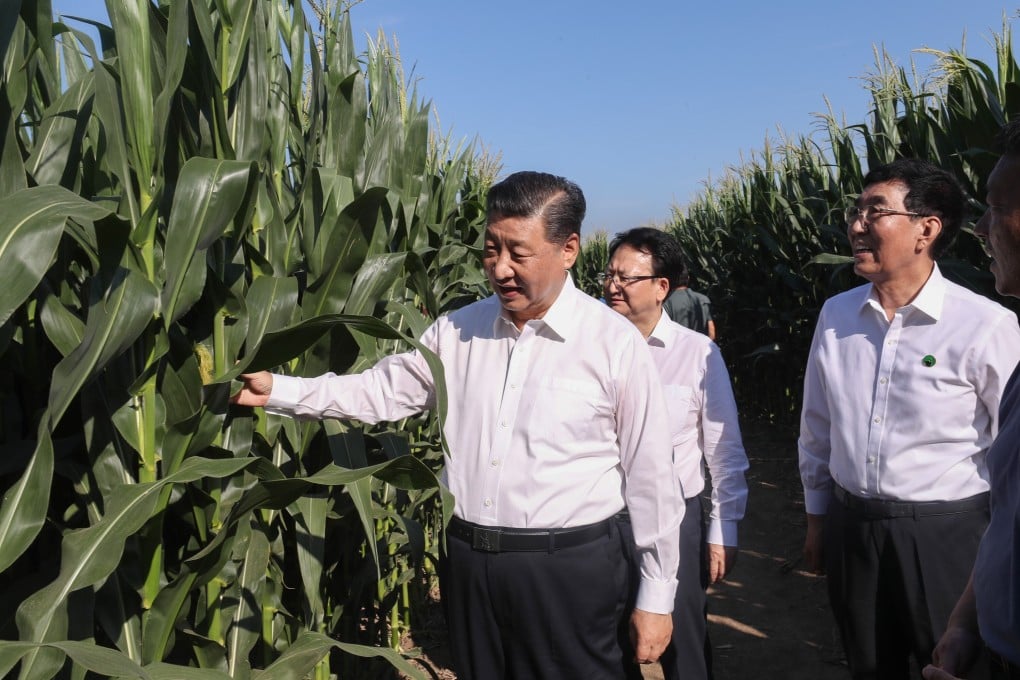Rural brain drain: China appeals to urban tech talent to move to the countryside
- In a new policy document, Beijing calls on the country’s tech talent to bring online shopping and other innovations to rural areas
- China is seeking to unleash the untapped economic potential of its rural population

China has devised a big plan to encourage the country’s tech talent to move to the countryside and help transform this vastly underdeveloped market, as it tries to narrow the digital divide between rural and urban areas.
While the latest blueprint, issued by the Central Committee of the Communist Party and the State Council, bears a superficial resemblance to a party initiative in the 1960s and 1970s that drove an estimated 16 million urban youths to the countryside for work and “re-education”, few orders in the new plan are mandatory. Instead, it offers a broad set of policy guidelines designed to lure talent to take part in the country’s ambitious “rural revitalisation.”
This plan is Beijing’s solution to the challenges that China is facing, as it seeks to cultivate a large domestic market to counter challenges outside the country. Following decades of brain drain and declining investment, the countryside has become a weak spot in China’s economic development: While the expansive region is home to 44 per cent of the country’s population, rural income per capita last year was only 39 per cent that of urban areas.
The country aims to establish a comprehensive policy and regulatory framework by 2025 to ensure a steady flow of talent in farming, business operations, public service and governance to rural areas. And Beijing now wants to use the state’s power to redirect skilled workers, especially those in technology, to help the countryside catch up.

The policy document published on Tuesday advised local authorities to cultivate more rural talent in e-commerce. It also called for the accelerated development of tech talent in agriculture by setting up relevant academic degrees in universities and other institutions of higher learning.
It also directed local authorities to improve incentives and introduce “talent attraction plans” to entice more tech talent to move into rural areas.